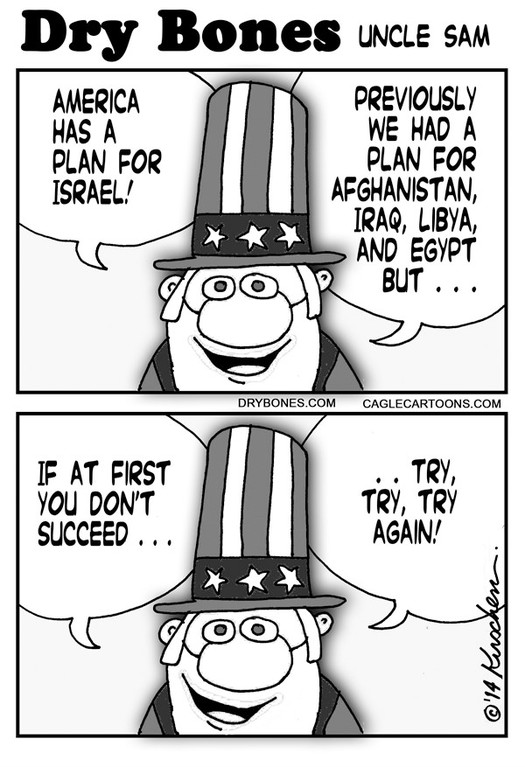Boycott or opportunity? You can’t have both
There is a smug sense of “I told you so” about the challenge that Israel faces from the Boycott, Divestment and Sanctions (BDS) movement.
Jeremy Ben-Ami, executive Director of J Street — a left-wing group which believes the best way to advocate for Israel is by opposing sanctions on Iran and castigating Israel’s democratically elected government — is one example. Speaking to a Jewish audience in New Haven, Ben-Ami talked, and not for the first time, of Israel becoming a “pariah state,” punished for its West Bank policies by an international community increasingly persuaded that the way to create a Palestinian state is through willfully damaging the Israeli economy.
Ben-Ami’s media echo, the columnist Peter Beinart, took a similar tack in the Israeli newspaper Haaretz. After praising the boycott movement for its “tactical brilliance” and for being “tactically shrewd” (OK, Peter, we understood you the first time), Beinart argued that the threat of international quarantine should, in a rational world, persuade U.S. Jewish organizations to actively oppose the growth of Jewish communities in the West Bank.
And then, in the New York Times, there was Thomas Friedman. A writer perpetually on the lookout for a new catchphrase, Friedman described the boycott movement as a “Third Intifada.” Observing that the Europeans are running out of patience, that idealistic activists are searching for a new political romance in the wake of Nelson Mandela’s passing, and that Secretary of State John Kerry is continually warning that Israel’s actions are grist to the boycotters’ mill, Friedman concluded that everything is stacking up in favor of the Israel-haters.

 49.0°,
Overcast
49.0°,
Overcast 




